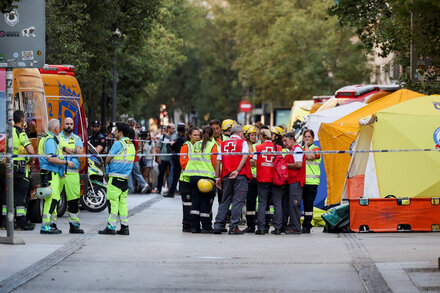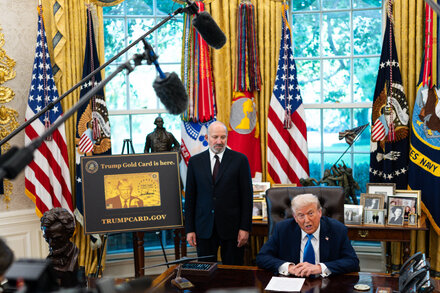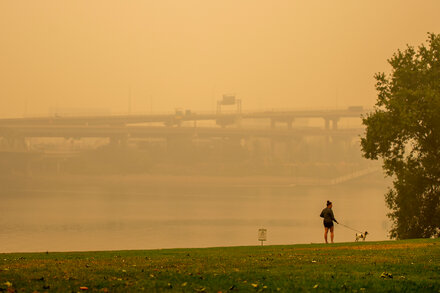A high-level United Nations meeting convened recently in New York to address the pressing global issue of refugee assistance and durable solutions, yet a striking absence marked its proceedings: the direct voices of the refugees themselves. The gathering, held on the sidelines of the annual U.N. General Assembly, placed a particular focus on the long-standing crisis faced by Rohingya refugees, millions of whom remain displaced from their homes in Myanmar.
The meeting aimed to galvanize international support and strategize pathways for the future of displaced populations. However, according to observers and advocacy groups, no representatives from the Rohingya refugee community – who are primarily concentrated in vast camps in Bangladesh – were among the invited participants or speakers. This omission has reignited a critical debate regarding the inclusivity and effectiveness of international forums addressing humanitarian crises.
Critics argue that excluding those directly affected by policy decisions undermines the very purpose of such meetings, potentially leading to solutions that do not adequately reflect the realities, needs, and aspirations of refugee communities. The Rohingya, who fled systematic violence in Myanmar’s Rakhine State in 2017, represent one of the world’s largest stateless populations, with hundreds of thousands living in precarious conditions in Cox’s Bazar, Bangladesh.
“When decisions about our future are made without our input, it feels as though our experiences are being talked about, but not truly understood,” stated a spokesperson for a coalition of Rohingya advocacy groups, speaking on condition of anonymity due to security concerns. “We have our own perspectives, our own priorities, and our own ideas for what meaningful solutions look like. To be absent from the table where these critical discussions take place is a missed opportunity for all involved.”
U.N. officials, while acknowledging the inherent challenges in ensuring direct refugee representation at such global forums, often emphasize efforts to consult with affected communities through various channels, including aid organizations and local partners. However, these indirect consultations are frequently deemed insufficient by refugee advocates, who stress the importance of direct agency and self-representation.
The meeting’s agenda covered topics ranging from humanitarian funding and resettlement programs to safe repatriation efforts. Yet, without the direct testimonies and perspectives of individuals like the Rohingya, discussions risk becoming detached from the lived experiences of those they seek to assist. The absence highlights a persistent structural challenge within international diplomacy, prompting renewed calls for more inclusive models that genuinely center the voices of the world’s most vulnerable populations.
Source: Read the original article here.





